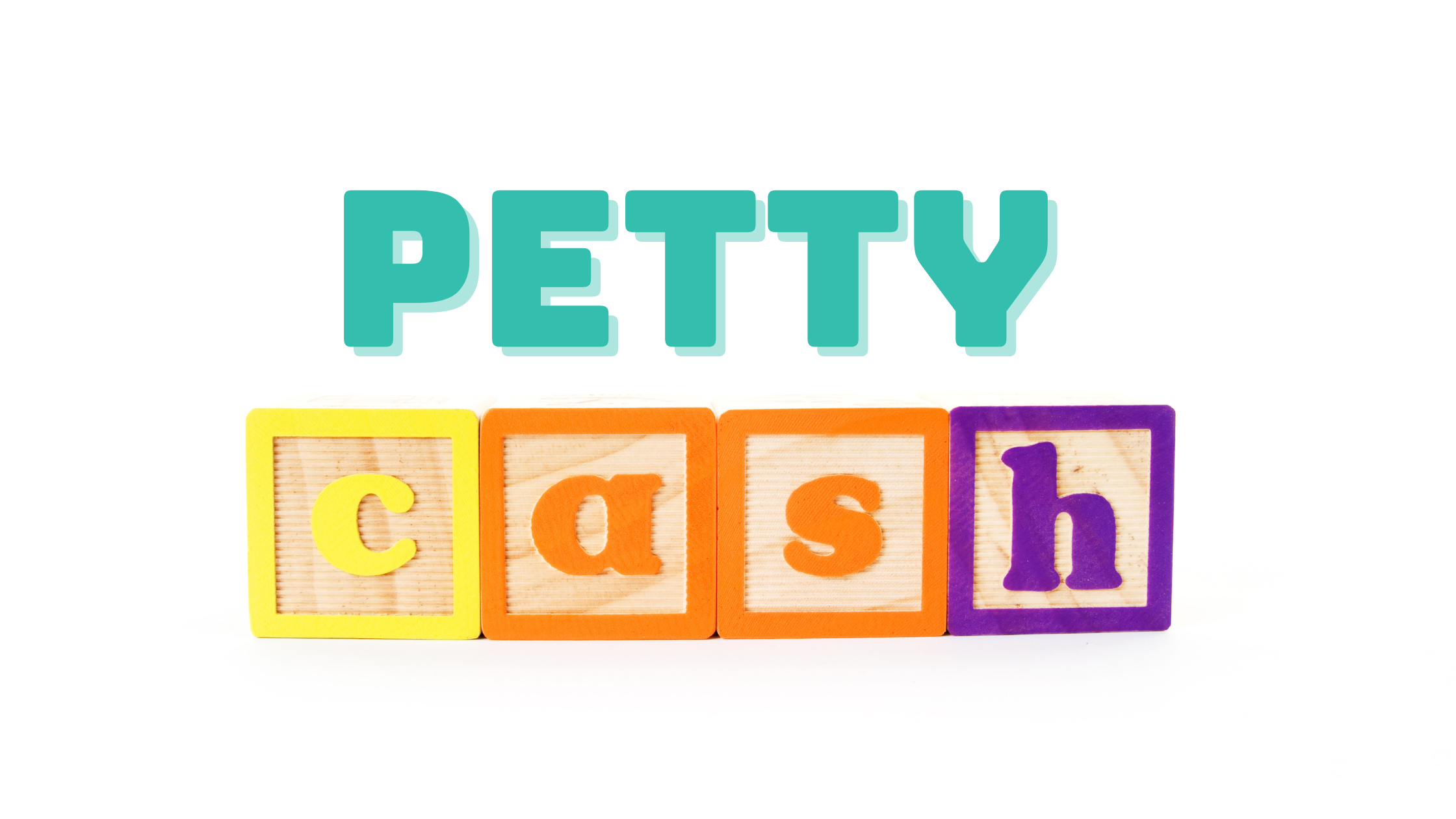
Petty Cash (also known as Petty Cash Fund) is a small amount of money kept on hand by a business to cover trivial expenditures. Often, the company will keep the cash on its premises for incidental purchases during office operations.
To avoid mismanagement of these funds, a company should have tight control over the fund to ensure legal accountability - for tax purposes.
Petty cash expenses are mostly small fees or costs incurred during business activities. They may include:
To accurately account for your Petty Cash, you must have a set of procedures. They include:
Appoint someone to take care of the fund for accountability purposes. It could be one person or different people in your finance department who will:
Most businesses will have a secure drawer, lock box, cash register or file cabinet in which they keep the allocated funds. You may have separate secured places for different departments – depending on the size of your organisation.
The Petty Cash Fund should have enough money (petty cash float) to support the purchases expected in that account. You must also replenish the funds when they reduce – do not wait for the funds to deplete.
Custodians must keep a record of all disbursements – in a log. The log will ease account reconciliation at the end of the reporting period.
Additionally, someone other than the custodian should periodically check the receipts and vouchers, reconciliation of expenditures, and fund aggregates to ensure everything is compliant.
It is crucial to keep Petty cash records in a Petty Cash Book, Petty Cash Excel log template or a reliable petty cash accounting system.
It is a ledger where you record all the receipts and payments going in and out of petty cash. It shows:
Several petty cash management systems can be used to automate your Petty Cash log – and sync the expenses to your accounting system. Examples are Pleo and Spendesk.
You can use petty cash excel spreadsheets to record and summarise your petty cash receipts – then enter the subtotals into your bookkeeping software.
A petty cash voucher is the document filled by an employee when they want to be reimbursed for a purchase. It usually has details of:
Since its money owned by the business, the petty cash amount should be recorded in the business’s asset accounts.
When the fund is in use, the petty cash transactions are recorded on your business’s financial statements.
The Petty Cash figures are recorded by posting the expenses to the profit and loss account and reducing the Petty Cash balance on the balance sheet.
When recording money withdrawn from the bank - reduce the bank balance and increase your petty cash balance.
When using Petty Cash, do not make any accounting journal entries after purchasing an expense. However, only record a journal entry when you need new funds —in exchange for the receipts. In such a case, the journal entry is a debit to the petty cash fund and a credit to the cash account.
In case of a short or over – talk to Spondoo Accountants for support.
In time, if the fund is in use, the cash balance in the petty cash fund should decline as the number of receipts increases. In the end, the total amount of the receipts added to the remaining cash should aggregate to the initial amount of petty cash funding. Regular petty cash reconciliation is necessary to ensure the balances remain correct.
When the fund falls to minimal levels, the Petty Cash Fund is replenished with the total amount of the receipts from the purchases that diminished the cash. The requested amount should refill the Petty fund to its original amount – as intended for the fund. Consequently, the Petty Cash journal entry becomes a debit to the Petty Cash account and a credit to the cash account.
At this point, the custodian should create a journal entry to record the petty cash receipts as a credit to the Petty Cash. After this, the balance in the Petty cash account should equal the amount at which it started.
ABC Company sets up Petty Cash and funds it with £450. The entry would be:
| Particulars | Debit | Credit |
| Petty Cash | £450 | |
| Cash | £450 |
If the fund diminishes to only £15, the custodian should replenish it with an amount equivalent to the used amount. In this case, it is £435 (450-15= 435). The entry would read:
| Particulars | Debit | Credit |
| Petty Cash | £435 | |
| Cash | £435 |
When the custodian records the submitted expenses associated with the petty cash receipts – the entry would be:
| Particulars | Debit | Credit |
| Expenses | £435 | |
| Petty Cash | £435 |
Cash on hand is any amount of money that is accessible to a business – both physical and liquid funds. Contrarily, Petty Cash is the amount you have on hand to cover purchases paid with cash - not a cheque or credit card. Petty Cash is part of Cash On hand – but they are not the same.
Instead of Petty Cash, some companies issue their employees with:
Please contact us if you need further guidance on petty cash. We can also provide you with bookkeeping and accounting services.
